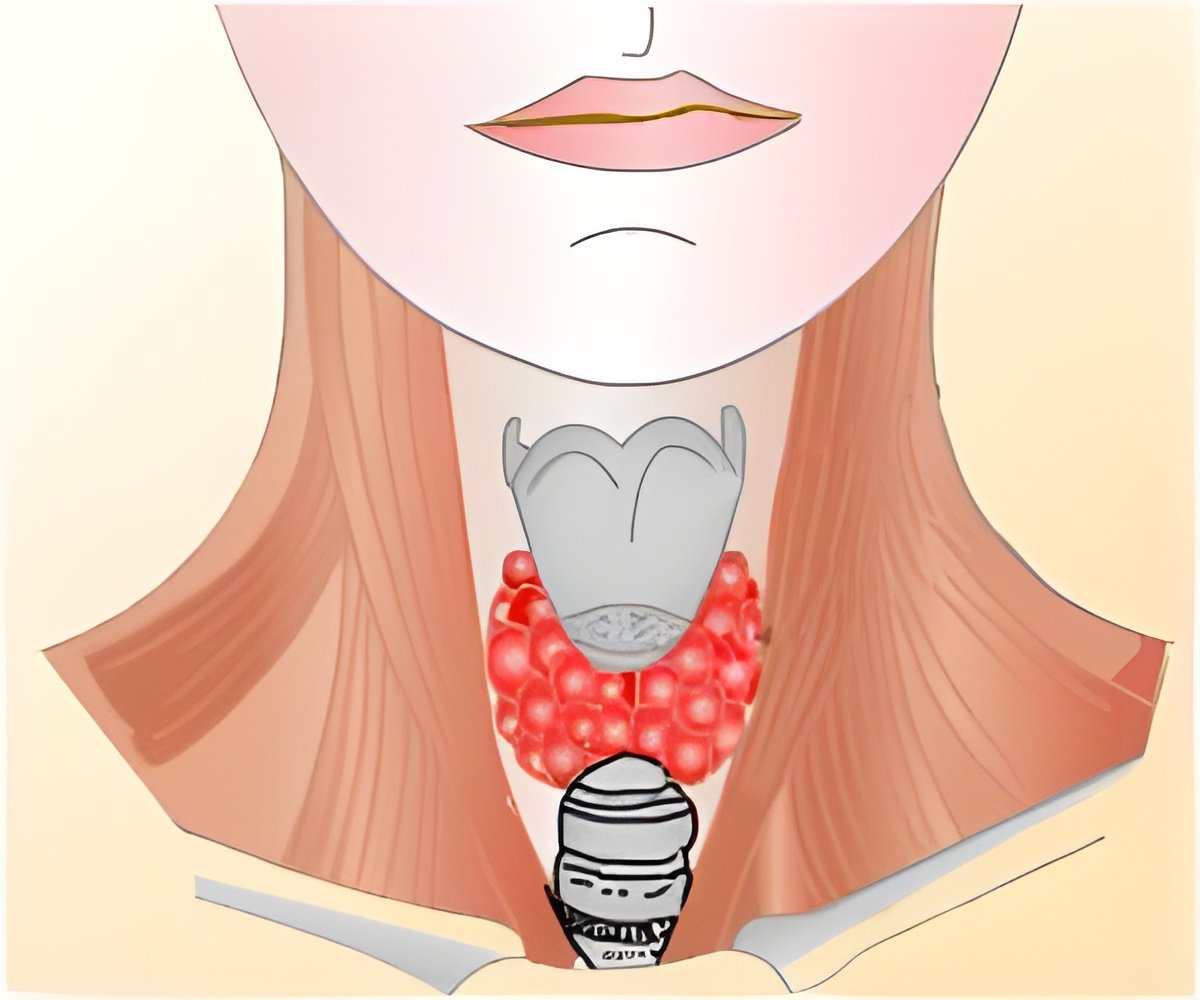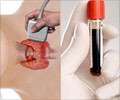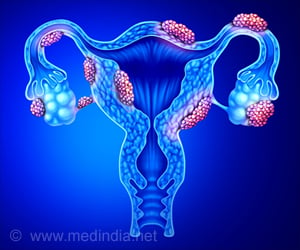During pregnancy, reduced thyroid function can increase the risk of miscarriage and preterm labor.

Chrysoula Dosiou, MD, of Stanford University School of Medicine, and colleagues from the University of Illinois at Chicago, V. Fazzi Hospital in Lecce, Italy, Stanford University School of Medicine in Stanford, California, and George Washington University School of Medicine and Health Sciences Washington, D.C., developed a computer model to compare the cost-effectiveness of three screening strategies: universal screening with thyroid-stimulating hormone and anti-thyroid peroxidase antibodies during the first trimester, risk-based screening, and no screening. In this model, a positive screening test led to follow-up testing and treatment with thyroid hormone when indicated. The model takes into account the development of adverse obstetrical outcomes during pregnancy, postpartum thyroiditis, and overt hypothyroidism during a woman''s lifetime.
According to data presented today at the 81st Annual Meeting of the American Thyroid Association (ATA), universal screening for autoimmune thyroid disease in the first trimester of pregnancy is cost-effective compared with screening of only high-risk women. Both the risk-based and universal screening options are cost-effective when relative to no screening.
About the ATA Annual Meeting
The 81st Annual Meeting of the American Thyroid Association will be held October 26-30, 2011 at the Renaissance Esmeralda Resort & Spa in Indian Wells (near Palm Springs), California. This four day creative and innovative scientific program, chaired by Drs. Anthony Hollenberg and Martha Zeiger, has carefully balanced clinical and basic science sessions on the latest advances in thyroidology. The ATA meeting is designed to offer continuing education for endocrinologists, internists, surgeons, basic scientists, nuclear medicine scientists, pathologists, endocrine fellows and nurses, physician assistants and other health care professionals. Visit www.thyroid.org for more information.
About the ATA
The American Thyroid Association (ATA) is the leading worldwide organization dedicated to the advancement, understanding, prevention, diagnosis and treatment of thyroid disorders and thyroid cancer. ATA is an international individual membership organization with over 1,400 members from 43 countries around the world. Celebrating its 88th anniversary, ATA delivers its mission through several key endeavors: the publication of highly regarded monthly journals, THYROID, Clinical Thyroidology and Clinical Thyroidology for Patients; annual scientific meetings; biennial clinical and research symposia; research grant programs for young investigators, support of online professional, public and patient educational programs; and the development of guidelines for clinical management of thyroid disease. Visit www.thyroid.org for more information.
Advertisement
Source-Newswise















